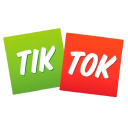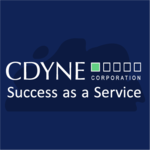My College Project Inspired Me To Start A $240K/Year Audio-Sharing Platform
Hello! Who are you and what business did you start?
My name is Aaron Hsu. I started Blerp in my junior year of college after I made the viral Shia Lebouf soundboard app. In the first few weeks after launch, we had over 100K downloads. It was at that moment I realized there was an opportunity to make a full sound sharing platform instead of downloading one off soundboard apps at a time.
We describe Blerp as a soundbite-sharing platform. Today our largest integration is on Twitch and we work with over 40,000 streamers today and have helped them generate over $1M in revenue through sound donations.
Blerp takes a small cut of soundpack sales. We’re excited about bringing more ways for creators to monetize their brand and their most iconic moments.

















